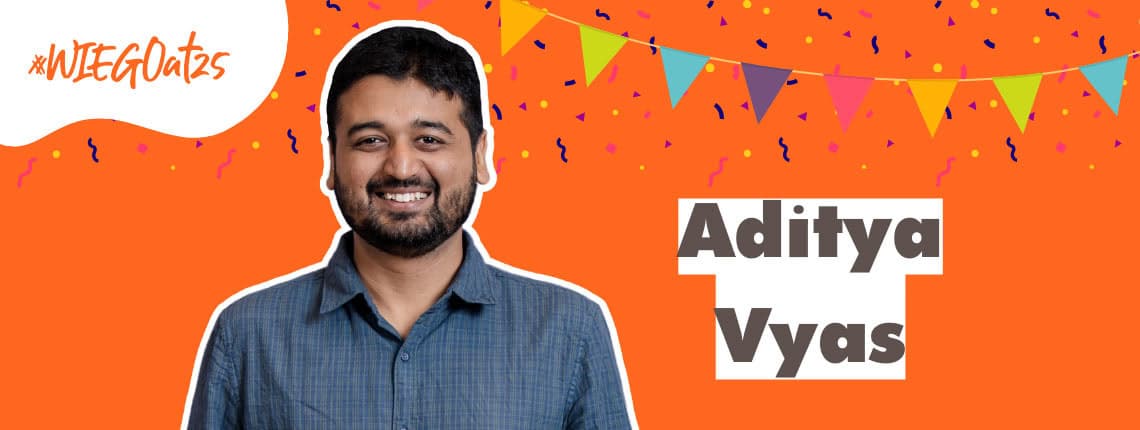In this interview, Aditya Vyas, spokesperson for the Kagad Kach Patra Kashtakari Panchayat (KKPKP), talks about the victories of the waste pickers in Pune and the impact on the sector of the Global Plastics Treaty.
In 1972, a famine in the Maharashtra state in India caused a massive rural exodus toward the city of Pune, especially of women from the lowest castes of the Indian social hierarchy. Given their caste, these women were not allowed any occupation other than collecting trash on the road.
From 1990 to 1993, labour activists reached out to waste pickers in informal settlements in an attempt to understand their demands, which were recognition and visibility. By 1993, over 800 waste pickers attended the first convention of KKPKP in Pune. In 1998, Pune became the first Indian city to grant identity cards to waste pickers, putting a halt to police harassment. KKPKP members used their creativity in the campaign: they would tie threads to the city dustbins or gates that said: “We are your sisters, we are protecting the city’s health”. This victory was replicated in various cities as it inspired other organizations. “People started perceiving waste pickers as contributors to the environment, as well as to society, especially because their children were going to schools instead of accompanying them in the streets,” said Vyas.
“WIEGO played a crucial role in this by collecting granular data and facilitating important studies, which then enabled the decision-makers to implement policy changes,” said Vyas. WIEGO also helped KKPKP to gain more visibility by providing logistical support so KKPKP waste pickers could speak at various conferences around the world. “KKPKP was one of WIEGO’s earliest institutional members and held the first secretariat of the Alliance of Indian Waste Pickers,” Vyas added. “Today, WIEGO is supporting the formation of an international alliance of waste pickers across the world and we are playing an active role.”
In 2015, KKPKP waste pickers successfully negotiated scholarships for their children with the municipal corporation and the state government – to guarantee them the possibility of a different occupational future.
“The waste-picking sector has gone through significant changes in the last 30 years: waste pickers now not only recycle waste, they also process it,” although this is currently being threatened by the Extended Producer Responsibility (EPR) and the Global Plastics treaty:
In conclusion, Vyas believes in the need for a smoother and just transition in the waste management sector: “The corporations should take more accountability because they produced plastic and profited at the expense of many rural villages and in the cities. It would be unfair to expect waste pickers to bear the consequences of privatization.”
